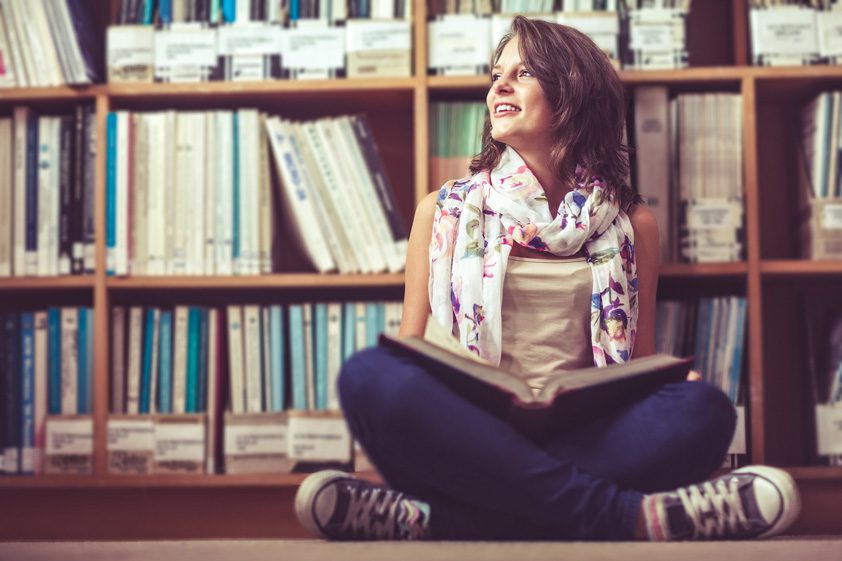Every parent desires to provide their child with the best education possible, and private schooling may be the solution. But, the first step to a child receiving a top-notch education is to do the homework to select the right school.
Each private school has different tuition prices, class sizes, available activities and other qualities, and the reality is that parents and students are usually looking for different things in an academic institution.[pullquote]“One of the best parts of private schools is that students and parents want to be there,”[/pullquote]
Students often look for a sense of belonging at school. Many children evaluate the quality of a school based on their chances of making a lot of friends and meeting a significant other. Parents, on the other hand, are looking down the road at opportunities that might be available to their child as a result of their enrollment. While the student is focused on homecoming dates and sleepovers, the parents envision college scholarships and acceptance letters.
Many private school directors and admission counselors believe that a student’s success is largely dependent on a student attending a school that is a good match for him or her.
“Cascia Hall is not for everyone. I think there are a lot of great private and public schools in Tulsa. I don’t think Cascia Hall is the only great option. It has to be a good fit,” says Kerry Hornibrook, director of school advancement at Cascia Hall Preparatory School in Tulsa.
Matthew Vereecke, school director at Monte Cassino School, agrees.
“We stay away from selling ourselves at Monte Cassino, but rather focus on being the best fit,” says Vereecke.
For this reason, Monte Cassino, Cascia Hall and many other private schools throughout Oklahoma encourage prospective students and their parents to shadow a current student before they enroll. This allows prospective families to not only evaluate the school, but also see how they would fit inside that school’s community. Ultimately, a private school should be just that: a community.
Most private schools provide smaller classroom sizes than public schools and are in tune with what a child wants and needs.
The largest difference between a private school and a public school is that most private schools have a values-based education system. This gives educators the freedom to infuse beliefs and opinions into a lesson. This is a huge positive when the parents share the same values as the institution but can be negative when they don’t, thus stressing again the importance of parents choosing the school that fits best.
The true beauty of private schools is that there is a choice involved.
“One of the best parts of private schools is that students and parents want to be there,” says Hornibrook.























